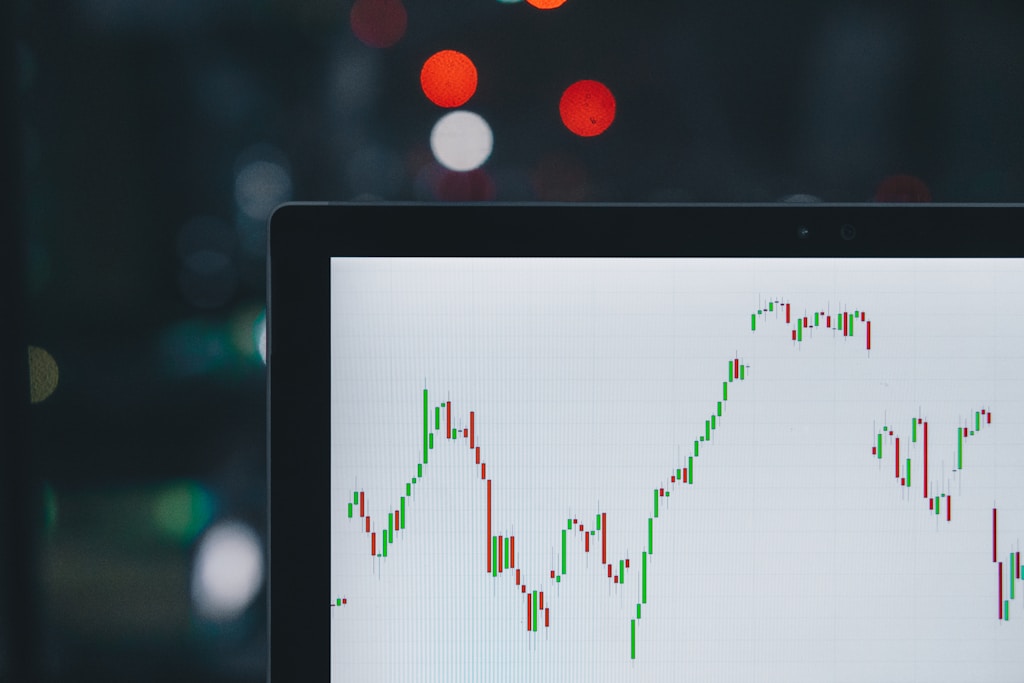Bitcoin 4-Year Cycle Theory Faces Historic Test as BTC Nears $63K Level
Bitcoin’s 4-year cycle theory faces a pivotal moment as price action threatens to break the pattern for the first time. Learn what this means for crypto mark…

Bitcoin’s historic 4-year cycle theory faces a critical test as the cryptocurrency struggles below $83,000, with on-chain data suggesting an unprecedented break in this longstanding pattern. Recent market volatility following Trump’s tariff pause announcement has created unique conditions that could reshape Bitcoin’s cyclical behavior.
Breaking Down Bitcoin’s Potential Cycle Disruption
Advanced on-chain analytics platform Alphractal has identified a crucial threshold that could invalidate Bitcoin’s 4-year cycle theory for the first time in its history. According to their Bitcoin Price Radar metric, if BTC drops to $63,000 or lower, it would mark the first instance where the cryptocurrency revisits price levels from four years ago – a phenomenon that has never occurred in Bitcoin’s 15-year history.
Technical Analysis Signals Mixed Outlook
Despite bearish pressure, technical indicators suggest potential upside. Market expert Captain Faibik has identified a Falling Wedge pattern, typically a bullish formation, coinciding with a positive divergence on daily timeframes. This technical setup indicates possible resistance at $83,500, with longer-term projections targeting the current all-time high of $109,000.
Market Implications and Future Outlook
Long-term holders face increased uncertainty as this potential cycle break could signal a fundamental shift in Bitcoin’s market behavior. The next critical period extends through October 2025, when historical patterns suggest the next cycle top might occur.
FAQ Section
What is Bitcoin’s 4-year cycle theory?
The 4-year cycle theory suggests that Bitcoin’s price movements follow a predictable pattern aligned with its halving events, typically resulting in new all-time highs approximately every four years.
Why is $63,000 a critical level?
This price point represents the threshold where Bitcoin would revisit prices from four years ago, potentially breaking its historical pattern of maintaining higher prices across four-year periods.
What could this mean for Bitcoin’s future?
A break in the 4-year cycle could signal increased market maturity and potentially lead to new price behavior patterns, requiring investors to adapt their long-term strategies.



